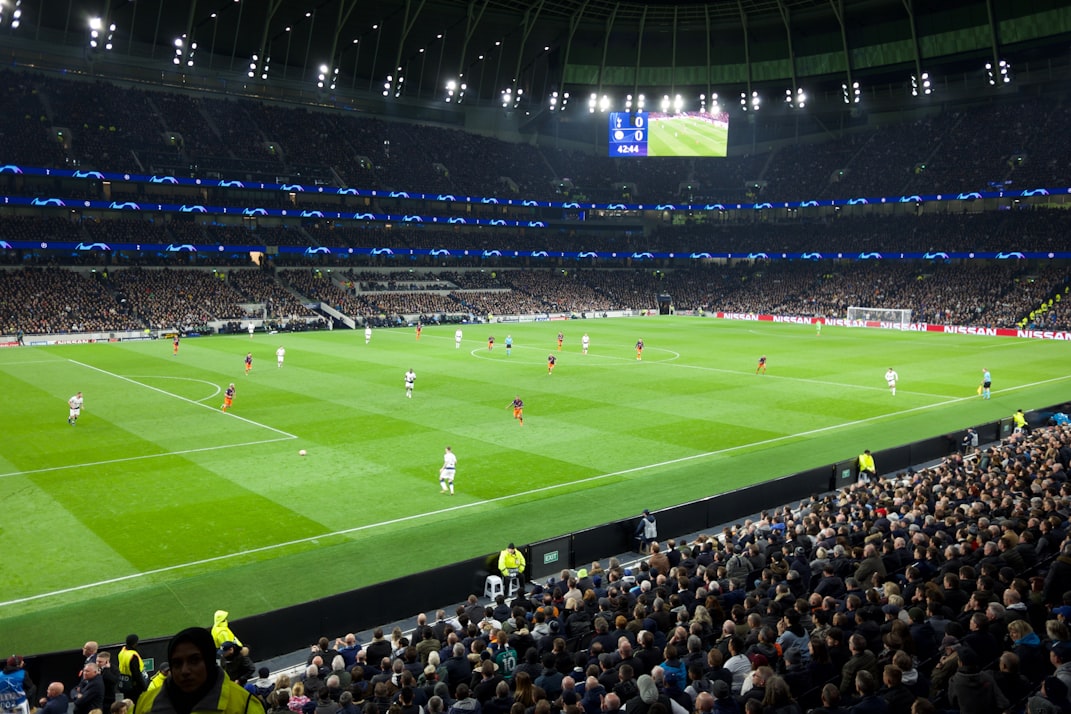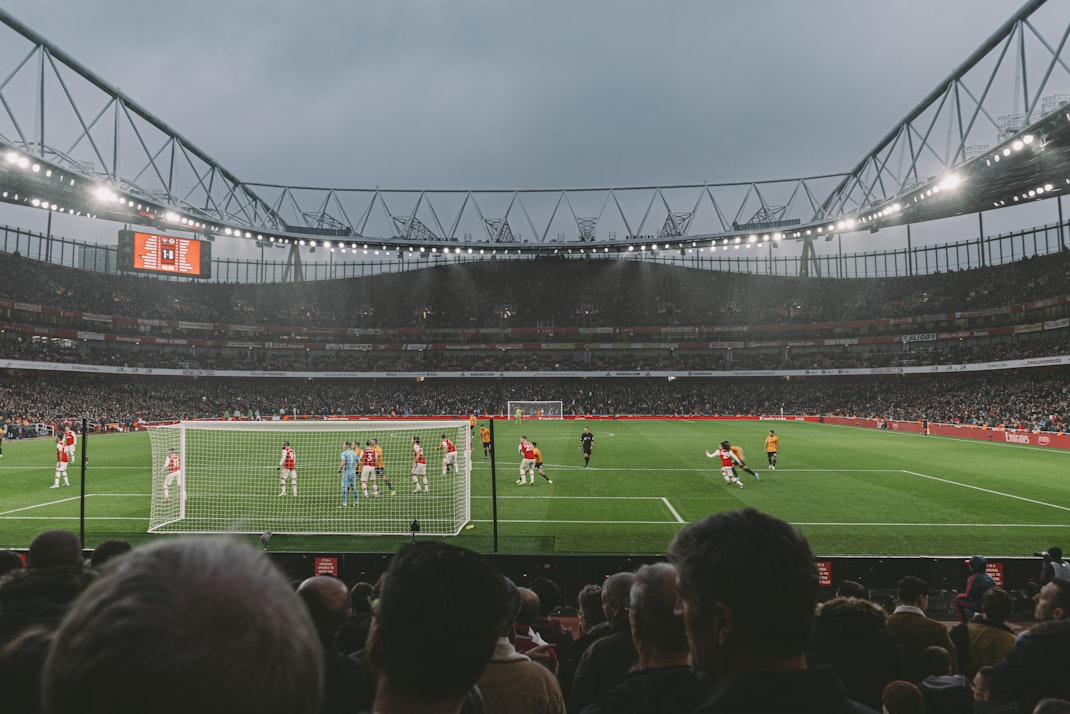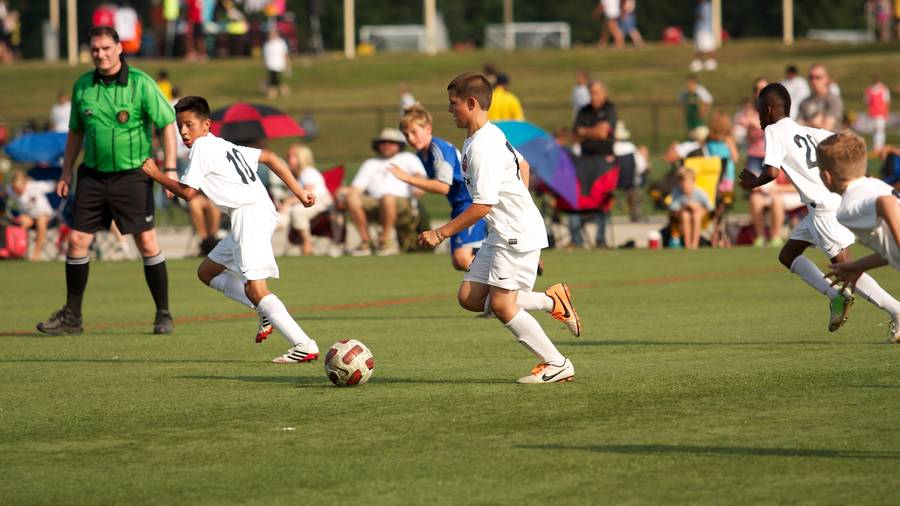In an interesting turn of events, French football club Brest, who have qualified for the UEFA Champions League for the first time in its history, will not be able to play its home games at its traditional Stade Francis-Le Blé. This historic stadium, while full of memories and tradition, does not meet UEFA's stringent requirements for hosting Champions League matches.
Brest’s qualification for the Champions League is a historic moment for the club. They secured third place in Ligue 1, finishing behind giants Paris Saint-Germain and Monaco. This achievement not only marked their first entry into any UEFA competition but also allowed them to bypass the qualifying playoffs thanks to the Champions League's recent expansion from 32 to 36 teams.
“We are thrilled to be part of the Champions League,” said Brest’s manager. “It’s a dream come true for our players, our fans, and everyone associated with the club.”
Fans of the Ligue Un, will be able to watch their favourite sides play live. They can do just that by purchasing Brest tickets from an online resale store
Why the Brest stadium is not suitable for UEFA competitions
Brest’s Stade Francis-Le Blé is 102 years old and although it has a capacity of 15,200, only 5,000 of those seats meet UEFA's standards. UEFA, the governing body of European football, has rules to ensure that all stadiums used in the Champions League are modern, safe, and can handle the large crowds and intense media attention that come with the competition.
“We are proud of our stadium's history, but we understand that for the Champions League, we need facilities that meet higher standards,” said a Brest spokesperson.
To address this issue, Brest has requested to use the Stade de Roudourou in Guingamp, which is about 110 kilometres (70 miles) away. The Stade de Roudourou, with a capacity of 19,000 seats, is up to date and meets all of UEFA’s requirements. Guingamp, though a second-tier team, has a stadium that is more suitable to host Champions League games.
UEFA is in the process of approving this request. If granted, Brest will play its four home games in the Champions League’s new 36-team league phase at the Stade de Roudourou.
Even though Brest will not play at their home stadium, they are set to earn at least 30 million euros ($32 million) from their participation in the Champions League. This significant sum comes from UEFA’s prize money, which is distributed to all teams participating in the competition. This financial boost will be crucial for the club’s future development and growth.
The challenge of playing home games away from home
Despite the challenge of moving their home games to another city, Brest is optimistic about their Champions League campaign. The club believes this move will not dampen the spirits of their players or fans. They see it as an opportunity to showcase their resilience and adaptability on a bigger stage.
“We know it will be a bit different playing away from our home stadium, but we are confident that our fans will travel and support us in Guingamp,” said the club’s spokesperson. “This is a historic moment for Brest, and we want to make the most of it.”
Brest's fans have mixed feelings about the move. Many are disappointed they won’t be able to watch the games in their beloved Stade Francis-Le Blé, but they also understand the necessity of the move. The joy of playing top-tier football in the Champions League easily outweighs the prospect of not playing in their stadium.
“Sadly, we can’t have the games here, but it’s also exciting to see our team play in such a prestigious competition,” said one fan. “We will support them no matter where they play.”
When the choice of stadium is confirmed, the fans of Brest will be excited to watch their beloved team play in the UEFA Champions League for the first time in their long history. They surely will find the distance to their potential new home a small price to pay to savour this wonderful moment.
The New Champions League Format explained
Next season, the Champions League will have a new format. Instead of the traditional group stage, teams will now play in a league-like phase. Each team will play eight different opponents once, rather than facing three opponents both home and away. This means more variety in matchups and more excitement for fans. For Brest as a team, it might prove to be a difficult one for them.
The top eight teams at the end of this phase will move directly to the round of 16. Teams ranked 9th to 24th will go into a playoff round to determine who else will join the last 16. This format was introduced by UEFA in 2022 to provide more games and generate more revenue, especially for storied clubs wanting higher-profile matches.
Brest and their fans will be hoping that this new format will be favorable to their team, and that they can at least progress to the knockout stages of the competition.
However, it will be difficult, given the fact that the team will likely be placed in pot 3 or pot 4, which will mean that they will face the best of the best. Also, they will be heavy underdogs to progress to the next round.
Conclusion
Brest’s journey to the Champions League is a testament to their hard work and determination. While they face the challenge of playing their home games away from home, the club and its supporters are ready to embrace this unique situation.
With the financial benefits and the experience of playing in the Champions League, Brest is poised for growth and success in the future. This season will not only be a test of their skills on the field but also their ability to adapt and thrive in new circumstances.


















